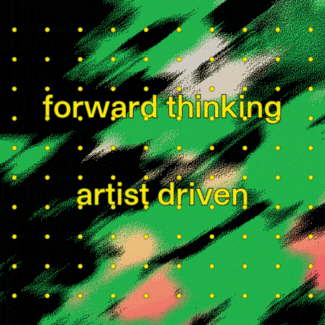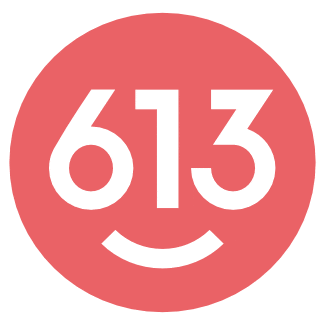Community hub, free book store, venue for lectures and debates, internet cafe: the public library serves a large number of roles, some of which perhaps seem less relavent in the new digital age. Perhaps my favourite description of why public libraries are still important comes from the ever witty interweb guru Cory Doctorow:
“Damn right libraries shouldn’t be book-lined Internet cafes. They should be book-lined, computer-filled information-dojos where communities come together to teach each other black-belt information literacy, where initiates work alongside noviates to show them how to master the tools of the networked age from the bare metal up.”
The question of what a library should be is particularly topical as the Ottawa Public Library is launching a month-long public consultation on its future. Called Imagine, the campaign asks Ottawans to share their ideas about what roles the library should keep, which ones it should set aside, and what new roles it should play in the future.
In my opinion, the Doctorow blog post is a must-read when thinking about the possibilities of the library of the future. His key point is that, in an age of information overload, libraries and librarians are more important than ever. They can help the public navigate through the tons of chaff to get to the sweet kernels of real knowledge hidden in the internet. His next step for libraries is for them to become a place where people can go to truly understand the technology that increasingly rules our lives. Imagine students taking apart old laptops to see how they work, or old-timers like me getting up close access to a 3D printer.
The OPL’s Library of Today video posted above makes the point that, even today, libraries are more than just “book-lined internet cafes”. They teach people how to use technology, get media to housebound individuals, and give access to people who don’t otherwise have access to the web. They also ease access to real life places like museums or help people navigate processes like starting your own business.
If you have ideas about the library of the future, contribute to the OPL’s campaign by June 15th.




.gif)

